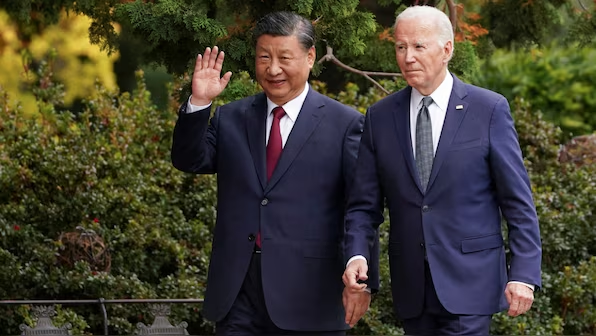Already a subscriber? Make sure to log into your account before viewing this content. You can access your account by hitting the “login” button on the top right corner. Still unable to see the content after signing in? Make sure your card on file is up-to-date.
The White House has confirmed that President Biden will meet with Chinese President Xi Jinping on Saturday during the Asia-Pacific Economic Cooperation summit in Lima, Peru.
What’s the deal: According to the White House, the upcoming meeting between President Joe Biden and Chinese President Xi Jinping will be a critical opportunity for Biden to stabilize the complex US-China relationship before transitioning power to President-elect Donald Trump, who is expected to take a more aggressive stance with China.

In a statement, White House National Security Advisor Jake Sullivan said, “It’s an important meeting. It will not be just a valedictory, although there will be an element of reflecting over the course of their long relationship. There is actual work to do in this critical moment between the US and China to ensure that we don’t run into any problems in the next two months in this transition of power.”
Sullivan also confirmed that key topics will include joint narcotics control efforts, climate change, advancements in artificial intelligence, cybersecurity threats, and regional security concerns such as China’s activity in the South China Sea and its support for Russia in the war in Ukraine.
This all comes as President-elect Donald Trump is set to take a notably different approach to China, likely pivoting towards a more confrontational stance on trade and security. Trump has indicated plans to impose significant tariffs on Chinese imports, aiming to rectify trade imbalances and counter what he perceives as China’s unfair economic practices. His administration is also expected to prioritize strict measures on intellectual property protection, address US manufacturing concerns, and reduce the trade deficit with China.
When it comes to the military, Trump is likely to adopt a more robust military posture in the Asia-Pacific region, directly challenging China’s influence, particularly in areas like the South China Sea






